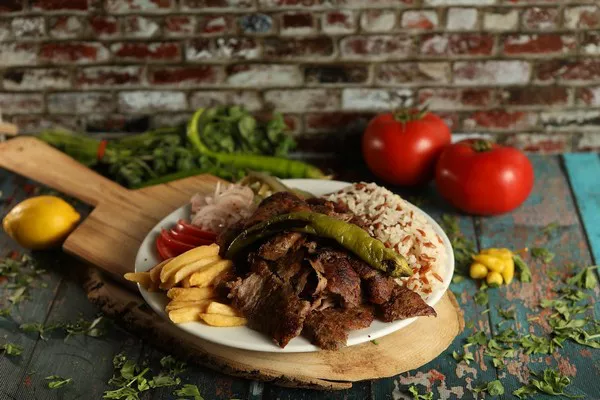Mexico City’s Central de Abastos, the largest wholesale market in the region, is taking significant steps to combat food waste and redirect unused produce to address hunger. Spanning 800 acres on the city’s eastern side, this bustling market caters to over half a million daily visitors and plays a pivotal role in supplying tens of millions of people with fresh produce.
While the market is a vital food source, it has also been a considerable contributor to food waste, with hundreds of tons of unsold fruits and vegetables discarded daily. However, since 2020, the government-operated Central de Abastos has spearheaded an initiative to repurpose some of this surplus produce, resulting in a remarkable 24% reduction in daily food waste and the delivery of nearly 800 tons of food to local soup kitchens.
Graciela de Paz Fuentes, the Director of Innovation and Projects at the market for Mexico City’s government, emphasizes the market’s significance, selling 30,000 to 40,000 tons of food daily from every state in Mexico and numerous countries. Despite its critical role, the market has been grappling with the pervasive issue of food waste, exemplified by an estimated 565 tons of organic waste discarded daily in 2019.
Lina Pohl Alfaro, the representative of the Food and Agriculture Organization in Mexico City for the United Nations, highlights the broader challenge of food waste in the country. Approximately 20 million tons of food are lost or wasted annually in Mexico, representing close to 30% of the country’s total food production. Despite the magnitude of the issue, Mexico’s official figures on food loss and waste remain elusive, with estimates providing only a rough understanding of the problem.
The Central de Abastos faces the complex dynamics of consumer expectations, with vendors like Jorge Gutiérrez acknowledging the challenges of selling produce that doesn’t conform to aesthetic preferences. Nevertheless, efforts are underway to minimize waste, with the market actively participating in a partnership with the Food and Agriculture Organization to repurpose surplus food for donation to those in need.
The collaborative program involves engaging vendors to donate excess produce, which is then redistributed to soup kitchens, benefiting some of the 24 million Mexicans facing food insecurity. The initiative aims to instill a culture of sustainability and donation within the market, encouraging vendors to embrace principles of reuse and recycling.
Despite the progress made through this program, challenges persist, with hundreds of tons of produce still ending up in dumpsters daily. The Central de Abastos plans to further mitigate food waste by introducing a biodigester that can absorb 50 tons of organic material daily. This forward-looking approach aligns with the concept of a circular economy, where resources are maximized, and waste is minimized to create a more sustainable and efficient system.

